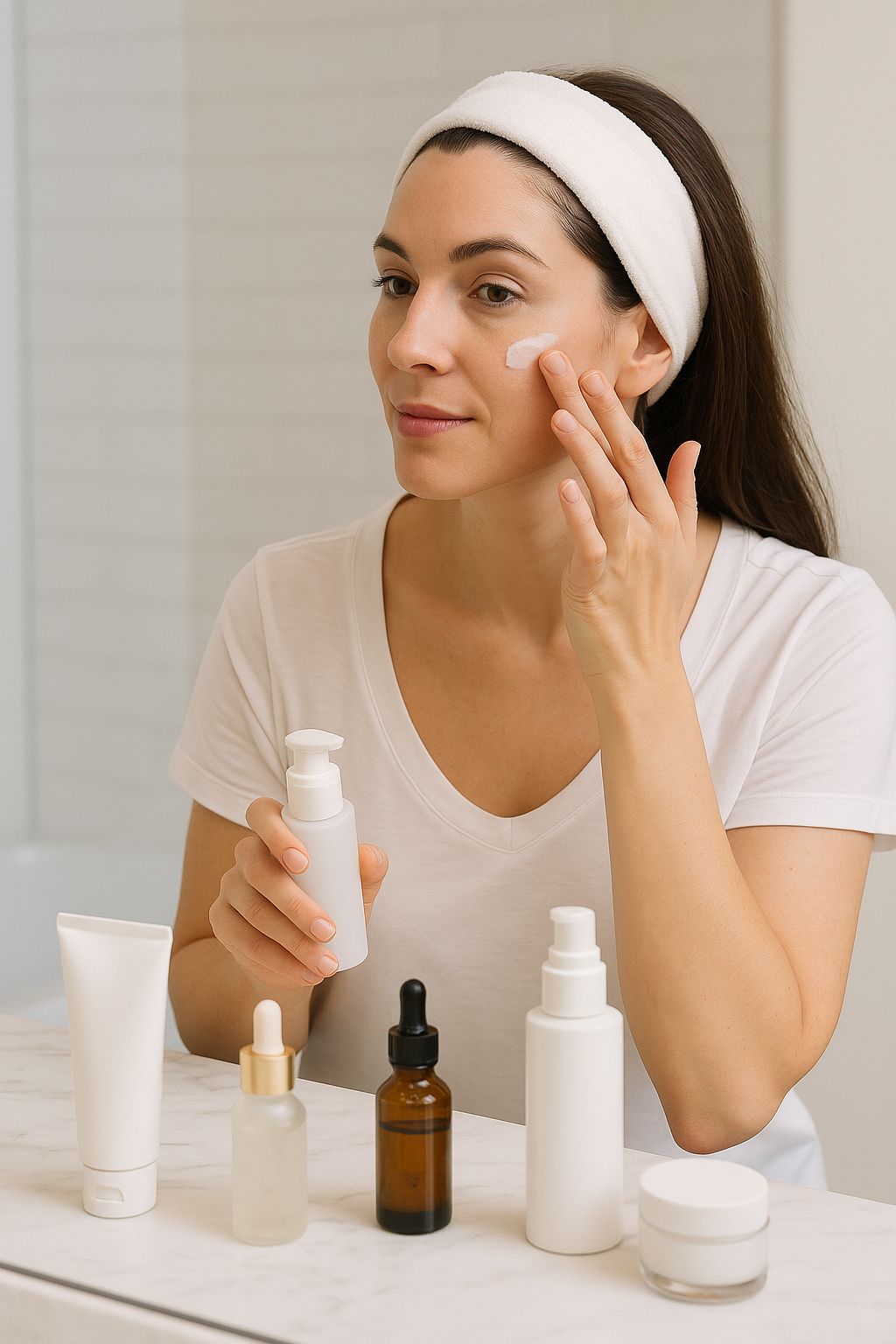
If you’ve ever walked down a skincare aisle or scrolled through Instagram, you know how overwhelming it can be, so many products, so many claims, and so much “miracle” marketing. As aesthetic professionals, we hear it every day from our clients: “What actually works?”
The truth? Results don’t come from hype. They come from evidence-based ingredients that have been studied, tested, and proven to make a real difference in skin health. Let’s cut through the noise and talk about the ingredients that really earn their place in your treatment plans.
Why Evidence Matters
Patients today are savvy but also exhausted by conflicting advice. When you recommend products backed by science, you:
-
Build trust (because your advice feels grounded, not sales-y).
-
Create synergy with in-office treatments.
-
Help clients actually stick to a regimen (they’re more likely to follow through when they understand why it works).
Bottom line: Evidence-based skincare isn’t just a “nice-to-have.” It’s what separates guesswork from results.
The Ingredients You Can Count On
1. Retinoids (Vitamin A)
Think of retinoids as the gold standard. They boost cell turnover, fade pigmentation, stimulate collagen, and smooth texture. They’re amazing for acne, aging, and overall skin quality.
💡 Pro tip: Have your patients start low and slow. It reduces irritation and builds compliance.
2. Vitamin C
This antioxidant brightens, evens tone, and defends against environmental damage. It’s also a collagen booster, so it’s perfect alongside SPF for photodamage.
💡 Pro tip: Stable, medical-grade serums in the 10–20% range work best.
3. Niacinamide (Vitamin B3)
The unsung hero of sensitive skin. It strengthens the barrier, calms redness, and helps balance oil production.
💡 Pro tip: Pair niacinamide with retinoids to reduce irritation and improve results.
4. AHAs & BHAs
Chemical exfoliants like glycolic, lactic, and salicylic acid remove dead skin cells, improve texture, and clear pores.
💡 Pro tip: Always remind patients about SPF — fresh skin needs extra protection.
5. Peptides
These little messengers tell skin cells to produce more collagen and elastin. They’re a great add-on to support healing after microneedling or laser treatments.
💡 Pro tip: Look for products that combine peptides with hydrating ingredients for better absorption.
6. Sunscreen, The Non-Negotiable
No matter how good a product or treatment is, it can’t outdo sun damage. Broad-spectrum sunscreen is still the most effective anti-aging product in existence.
💡 Pro tip: Recommend mineral SPF (zinc or titanium dioxide) for sensitive or post-treatment skin.
Why Brand and Formulation Matter
Even the best ingredients won’t perform if they’re not stable, well-formulated, and bioavailable. This is why choosing a reputable, medical-grade skincare brand is critical.
Medical-grade products are designed with formulations that:
-
Keep ingredients stable so they don’t oxidize or lose potency.
-
Ensure proper penetration so active ingredients reach the layers where they can actually work.
-
Deliver consistent, measurable results that align with in-office treatments.
✨ Professional-grade products take the guesswork out, they allow practitioners to recommend skincare with confidence and patients to see real change.
How to Talk About This with Patients
-
Keep it simple: Swap “tyrosinase inhibitors” for “ingredients that slow pigment production.”
-
Connect the dots: Show how home care extends the benefits of in-office treatments.
-
Give written steps: Clear instructions = better compliance.
Why This Matters for Practitioners
When you understand ingredients at a scientific level and know which brands deliver them effectively, you’re not just selling products, you’re offering a long-term plan for skin health. This builds trust, improves results, and future-proofs your career in aesthetics.
At The Aesthetic Nurse Institute, we teach exactly this kind of evidence-based approach. When you know how the skin really works, and you choose formulations that back it up, you can recommend skincare with confidence, and your patients will see (and feel) the difference.
✨ Evidence-based skincare isn’t about chasing trends. It’s about understanding the timeless science of the skin and using it to guide every recommendation you make.


